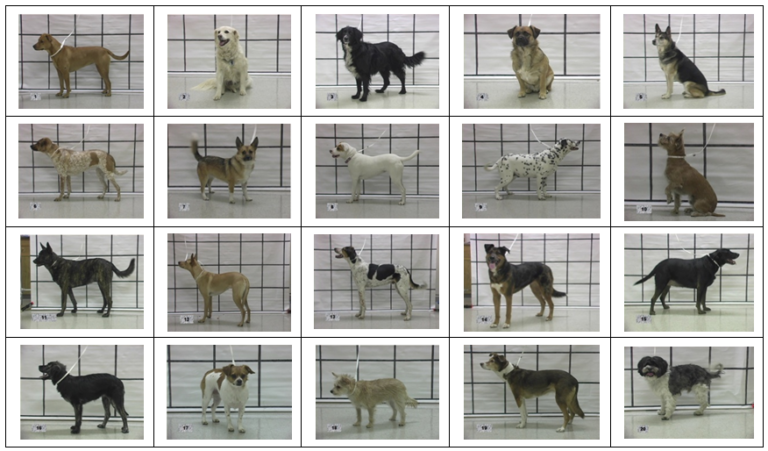
Using a detailed hypothetical with statistics drawn from the canine literature, the authors explain why behavior evaluations are “no better than flipping a coin.”
This 2019 review by Patronek et al. of studies claiming to validate or support the reliability of canine behavior evaluations used in animal shelters is the most comprehensive review to date. Their findings are unequivocal: no current evaluation demonstrates the scientific rigor necessary to justify its use for predicting individual dog behavior or guiding high-stakes outcomes. Through detailed analysis of 17 peer-reviewed studies, the authors show that meaningful inter-rater, test-retest, and inter-shelter reliability is largely absent, and that claims of validity—whether construct, convergent, or predictive—are weak, methodologically flawed, or based on misunderstood statistical concepts. They clarify key distinctions between predictive validity (correlations at the group level) and predictive ability (accuracy for individuals), exposing how inflated expectations for behavior tests persist despite high false-positive rates and poor real-world applicability. They argue that without strong, replicable evidence of both reliability and validity across shelter contexts, behavior evaluations lack the scientific foundation required for determining dogs’ fates and should not be used as such.
This 2021 paper by Patronek et al. critically examines a core assumption in animal sheltering, that certain dog behaviors predict relinquishment and therefore justify the use of shelter-based behavior evaluations. Through a review of existing studies, the authors find little scientific support for the belief that behaviors often labeled as “problems” cause large numbers of dogs to be surrendered. Only two studies to date have assessed behavior as a risk factor by comparing relinquished dogs to a representative control group of dogs living in homes. Even those showed weak and inconsistent results. The authors also highlight methodological flaws in how relinquishment reasons are reported and categorized, which often inflate the perceived role of behavior by grouping diverse behavioral issues together while separating other factors into more granular categories. The authors find that many dogs living successfully in homes exhibit the same behaviors often cited as reasons for surrender and that owner satisfaction remains high despite them. These findings challenge the rationale for using behavior evaluations as gatekeeping tools and call for a reassessment of shelter practices focused on a more evidence-based and humane understanding of human-dog relationships.
Never miss any important news. Subscribe to the Canine Behavior Science and Policy Newsletter.

This study examined both inter-rater reliability between experienced canine professionals and validity of visual breed identifications compared to DNA profiles—both were very low.

Thankfully, banning dogs of certain breeds is increasingly rare. But when this choice is made, as with the recent national BSL legislation in India, we